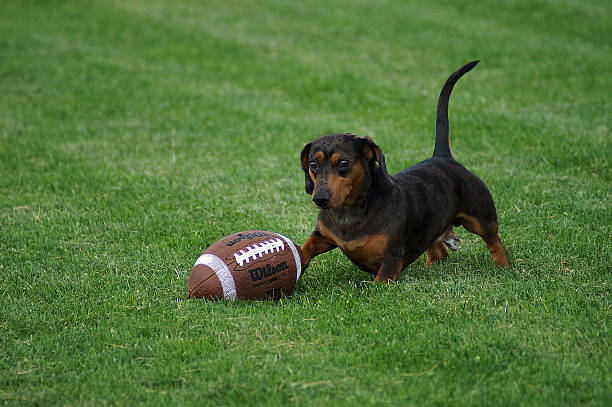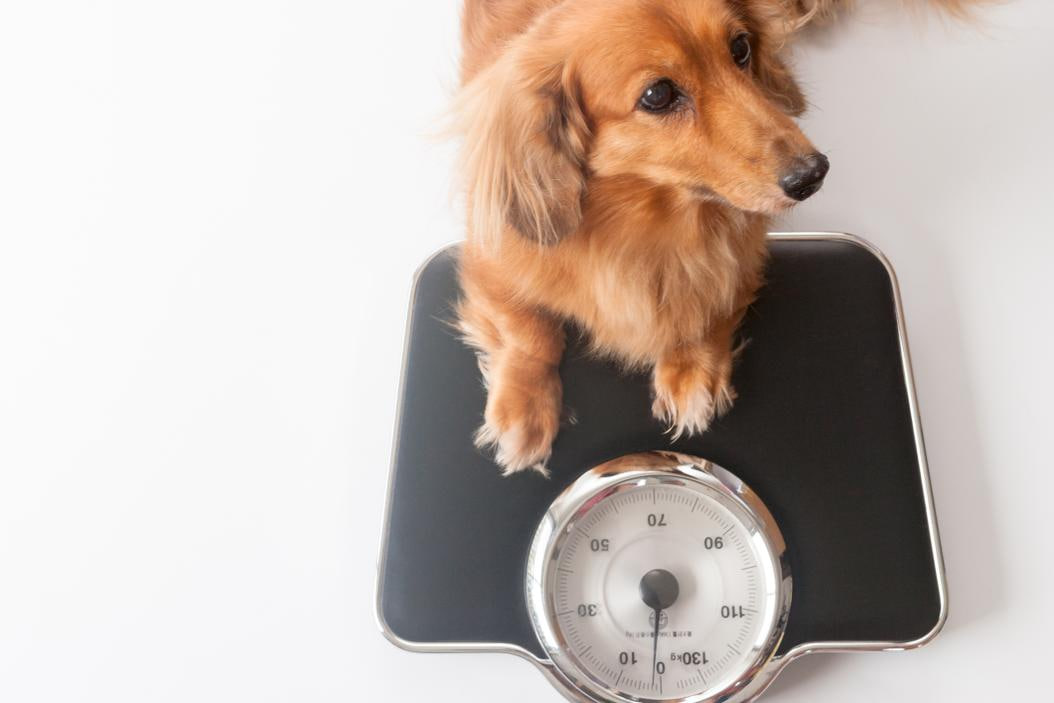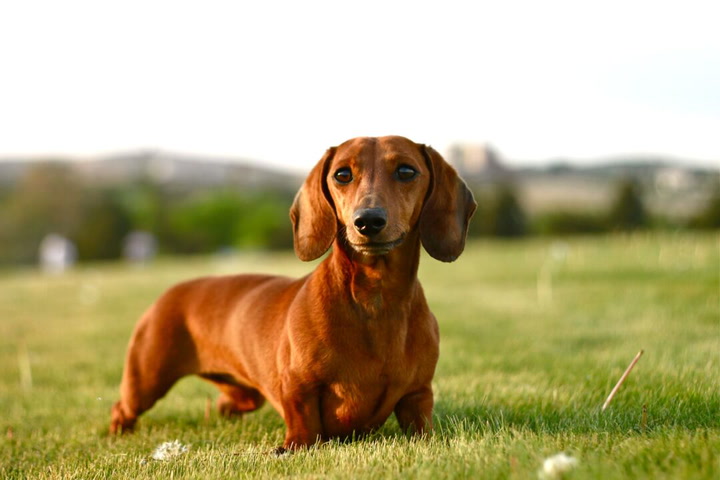Dachshunds, beloved for their distinctive long bodies and spirited personalities, typically live between 12 to 16 years. This article explores the factors influencing Dachshund lifespan, common health issues, and best practices for care to help these charming dogs live long, healthy lives.

II. Dachshund Lifespan: What to Expect
Typical Lifespan
Dachshunds generally live between 12 to 16 years. The lifespan of dachshund is attributable to their size and build, as smaller dogs tend to live longer than larger breeds.
Comparison with Other Dog Breeds
| Breed | Average Lifespan |
|---|---|
| Dachshund | 12-16 years |
| Chihuahua | 14-16 years |
| Labrador Retriever | 10-12 years |
| Great Dane | 7-10 years |
Differences Between Types of Dachshunds
There are two main types of Dachshunds: standard and miniature. The lifespan for Dachshund can vary notably between these types:
- Standard Dachshunds: Generally live between 12 and 14 years.
- Miniature Dachshunds: Often outlive their standard counterparts, with lifespans averaging between 14 to 16 years.
One possible reason for the longer lifespan of Miniature Dachshunds is their reduced risk of spinal issues compared to standard Dachshunds. The Miniature variety experiences less strain on their spines due to their smaller size and lighter weight, which may contribute to their extended lifespan.

III. Factors Affecting Dachshund Lifespan
Several key factors influence the longevity of Dachshunds:
A. Heredity and Genes
Genetic predispositions play a crucial role in determining a Dachshund’s lifespan and susceptibility to certain health conditions.
B. Nutrition
A balanced diet tailored to the Dachshund’s unique physiology is essential for maintaining optimal health and longevity.
C. Movement and Exercise
Regular, appropriate exercise helps maintain a healthy weight and strengthens muscles supporting the spine.

D. Routine Health Care
Consistent veterinary check-ups and preventive care are vital for early detection and management of potential health issues.
E. Living Environment
A safe, stress-free living environment contributes significantly to a Dachshund’s overall well-being and lifespan.
IV. Common Diseases Affecting Dachshund Lifespan
Awareness of breed-specific health concerns is crucial for proactive care:
A. Spine Problems
Intervertebral Disc Disease (IVDD) is a primary concern due to the Dachshund’s elongated spine.
B. Cardiovascular Disease
Heart issues, while not as common as in some breeds, can affect Dachshunds as they age.
C. Obesity
Excess weight puts additional strain on the spine and joints, potentially leading to various health complications.

D. Eye Diseases
Progressive Retinal Atrophy (PRA) and cataracts are among the ocular conditions that can affect Dachshunds.
E. Dental Problems
Dental disease is common in small breeds and can impact overall health if left untreated.
V. How to Care for Dachshunds to Prolong Life
Balanced and Appropriate Diet
Dachshunds benefit from a balanced diet that meets their nutritional requirements, particularly formulated for small breeds. Here are key considerations:
Quality Nutrition
Choose best dog food for dachshunds, ensuring it provides essential nutrients like protein, fats, vitamins, and minerals.
Portion Control
Need to clearly understand the dachshund feeding chart. Avoid overfeeding to prevent obesity, which can exacerbate spinal issues and other health problems. Follow feeding guidelines based on your dog’s age, weight, and activity level.
Avoid Human Foods
Some human foods can be harmful to dogs, so it’s important to refrain from feeding them table scraps or foods that could upset their digestive system :
Toxic foods include the following :
- Alcohol
- Chocolate
- Candy
- Processed foods
- Milk and dairy products
- Onions and garlic
- Grapes and raisins
- Nuts, including almonds, pecans, and walnuts

Balanced and Appropriate Diet
Reasonable Exercise Schedule
Dachshunds require regular exercise to maintain their overall health, but it’s crucial to tailor activities to their unique physical structure:
Moderate Exercise
Engage your Dachshund in daily walks and play sessions to keep them active and mentally stimulated.
Avoid High-Impact Activities
Due to their long spines and short legs, Dachshunds are prone to back problems. Avoid activities that involve jumping or strenuous running, as these can strain their backs.

Periodic Health Check-ups
Regular veterinary visits are essential for preventive care and early detection of health issues:
Annual Check-ups
Schedule annual wellness exams to assess your Dachshund’s overall health, including dental health, weight management, and any developing issues.
Vaccinations and Parasite Control
Keep vaccinations up to date and implement a regular schedule for flea, tick, and heartworm prevention.

Dental Care
Maintaining good oral hygiene is crucial for Dachshunds to prevent dental disease:
Daily Tooth Brushing
Brush your dog’s teeth regularly using a dog-specific toothbrush and toothpaste to reduce plaque buildup and prevent periodontal disease.
Professional Cleanings
Schedule professional dental cleanings as recommended by your veterinarian to address any stubborn plaque or tartar buildup.
Weight Control
Obesity can exacerbate health problems in Dachshunds, particularly issues with their spine:
Monitor Body Condition
Regularly assess your dog’s body condition score to ensure they maintain a healthy weight.
Adjust Diet and Exercise
Modify their diet and exercise routine as needed to prevent weight gain or to help them lose excess weight if necessary.
By implementing these care strategies consistently throughout your Dachshund’s life, you can significantly enhance their quality of life and promote a longer lifespan. Each aspect—nutrition, exercise, veterinary care, dental hygiene, and weight management—plays a critical role in maintaining their health and well-being.

VI. Signs of an Aging Dachshund and Senior Care
Understanding the aging process helps in providing appropriate care for senior Dachshunds:
Physical and Behavioral Changes
Common signs of aging include:
- Reduced energy levels
- Graying fur
- Decreased vision or hearing
- Changes in sleep patterns
Adjusting Diet for Older Dogs
Senior Dachshunds may benefit from diets lower in calories but rich in easily digestible proteins and joint-supporting nutrients.
Changes in Physical Activity
Modify exercise routines to accommodate reduced mobility while still encouraging gentle activity.
Special Medical Care for Elderly Dachshunds
Increase the frequency of veterinary check-ups and consider supplements for joint health and cognitive function.

Conclusion
Understanding the factors affecting Dachshund lifespan is crucial for providing optimal care. With proper nutrition, regular exercise, routine healthcare, and a loving environment, many Dachshunds can live well into their teens. By being aware of breed-specific health concerns and adapting care as your Dachshund ages, you can help ensure your furry friend enjoys a long, healthy, and happy life.

Cuddle Companions is your go-to resource for everything you need to keep your furry friends happy and healthy. We specialize in providing detailed and helpful information about the best foods, treats, and care practices for pets of all kinds. Whether you’re a seasoned pet owner or a new puppy parent, our team of experienced and passionate experts is dedicated to offering reliable advice and recommendations. At Cuddle Companions, we believe that a well-cared-for pet is a happy pet, and we’re here to help you every step of the way. Visit us at [bestdogfoodfordachshunds.net] for more information and resources.

